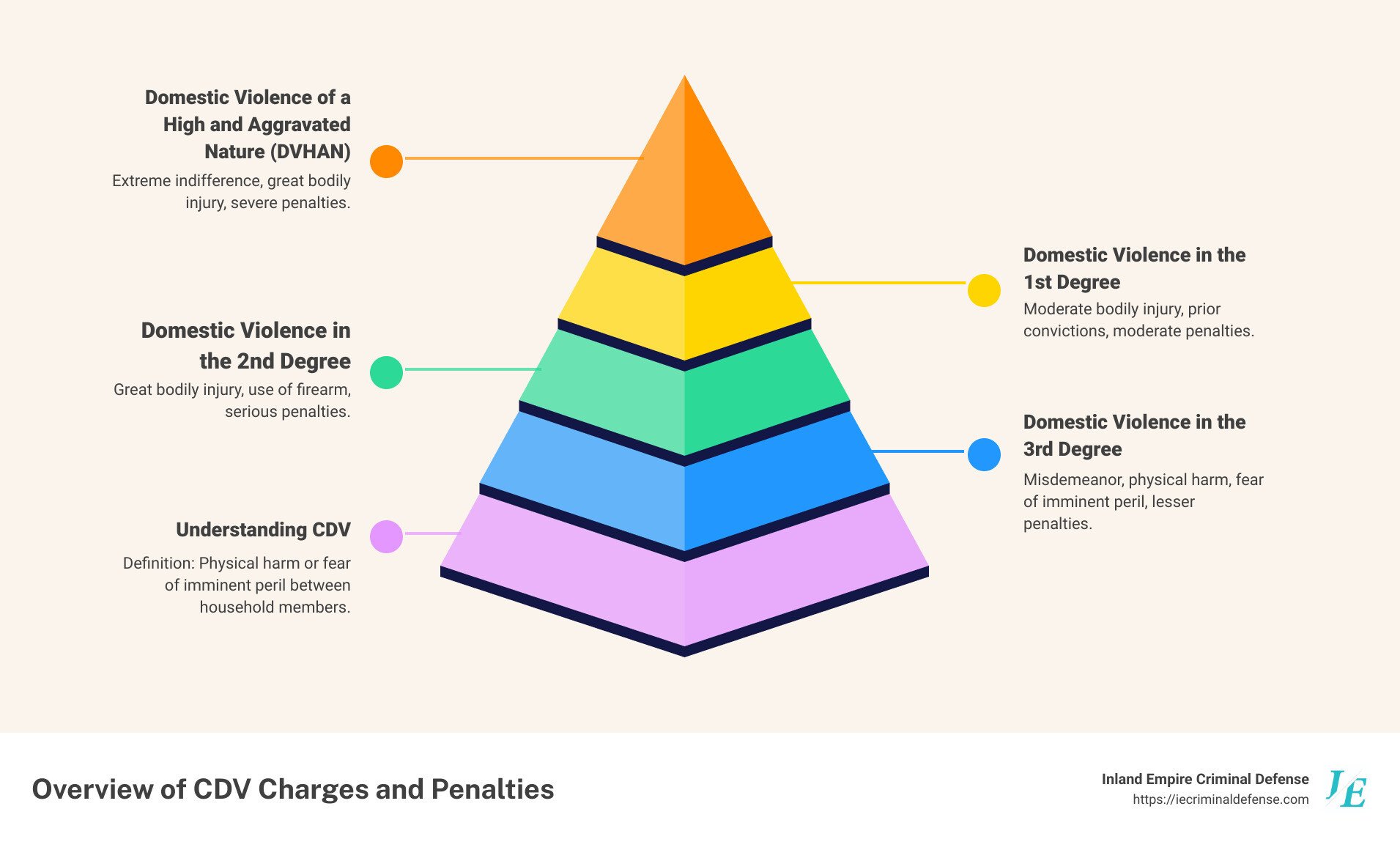A CDV Charge refers to a Criminal Domestic Violence charge, which can have serious legal implications. Understanding the nature of a CDV Charge is crucial for anyone involved in a domestic dispute. These charges are typically filed in cases of alleged abuse or violence between intimate partners or family members. It is essential to grasp the consequences and potential defenses associated with a CDV Charge to navigate the legal process effectively. Let’s delve deeper into what a CDV Charge entails and how it can impact individuals involved in such situations.
What is a CDV Charge?
Welcome, young readers, to a fascinating journey into the world of CDV charges! Have you ever heard grown-ups talking about someone being charged with CDV and wondered what it meant? Well, wonder no more, because today we are going to explore what a CDV charge is all about.
The Basics of CDV Charges
CDV stands for Criminal Domestic Violence. It is a charge that can be brought against someone who is accused of committing acts of violence against a family or household member. This includes spouses, ex-spouses, dating partners, parents, children, and other individuals who are related by blood or marriage.
CDV charges are serious and can have legal consequences for the person accused. It is essential to understand the implications of such charges and how they can impact the lives of those involved.
Understanding Domestic Violence
Before we delve deeper into CDV charges, let’s take a moment to understand what domestic violence is. Domestic violence includes a range of behaviors that are used by one person to maintain power and control over another in a domestic relationship.
These behaviors can be physical, emotional, psychological, sexual, or economic in nature. Domestic violence can have a lasting impact on the victims and their families, which is why it is taken so seriously by the legal system.
Types of Domestic Violence
Domestic violence can take many forms, including:
- Physical violence, such as hitting, pushing, or slapping
- Emotional abuse, such as name-calling, threats, and manipulation
- Sexual abuse, including non-consensual sexual acts
- Financial abuse, where one partner controls the other’s finances
What Leads to CDV Charges?
CDV charges are typically filed when there is evidence that someone has committed an act of violence or abuse against a family or household member. This evidence can come in the form of witness statements, physical injuries, or other documentation.
It’s important to remember that CDV charges are not to be taken lightly. The legal system treats domestic violence cases with the utmost seriousness to protect victims and hold perpetrators accountable for their actions.
Consequences of CDV Charges
When someone is charged with CDV, there are several potential consequences that they may face. These consequences can vary depending on the severity of the offense and the individual circumstances of the case.
Some potential consequences of CDV charges include:
- Legal penalties, such as fines or jail time
- Restraining orders to protect the victim from further harm
- Mandatory counseling or anger management classes
- Loss of custody or visitation rights
- Damage to reputation and relationships
Seeking Help and Support
If you or someone you know is experiencing domestic violence or has been charged with CDV, it’s essential to seek help and support. There are resources available, such as domestic violence hotlines, counseling services, and legal assistance, to help navigate through these challenging situations.
Remember, it’s never okay for someone to hurt you or for you to hurt others. Everyone deserves to feel safe and respected in their homes and relationships.
By understanding what CDV charges entail and how they can impact lives, we can work together to create a safer and more compassionate world for everyone. Let’s stand up against domestic violence and strive for healthier and happier relationships for all.
Thank you for joining me on this enlightening journey into the world of CDV charges. Stay curious, stay safe, and remember to always treat others with kindness and respect.
What if the alleged victim in a CDV does not want to press charges?
Frequently Asked Questions
What is a CDV charge?
A CDV charge, which stands for Criminal Domestic Violence charge, is a legal action brought against a person accused of domestic violence-related crimes. It can be a serious offense with potential criminal penalties.
How is a CDV charge different from other types of criminal charges?
A CDV charge specifically involves domestic violence incidents, where the alleged victim has a domestic relationship with the accused. This type of charge is focused on protecting individuals within the context of a domestic setting.
What are the potential consequences of a CDV charge?
Consequences of a CDV charge can include criminal records, fines, mandatory counseling or intervention programs, restraining orders, and potentially jail time depending on the severity of the offense and the laws in the jurisdiction.
Can a CDV charge impact future opportunities or employment?
Yes, a CDV charge can have long-lasting consequences on a person’s life, including affecting job prospects and opportunities. Employers may conduct background checks and a CDV charge on record can raise concerns about an individual’s behavior and reliability.
Final Thoughts
In conclusion, a CDV charge, short for Criminal Domestic Violence charge, is a serious offense involving acts of violence or abuse within a domestic relationship. It is crucial to understand the legal implications and consequences associated with CDV charges. Seeking legal advice and representation is essential when facing such charges to navigate the legal process effectively. Understanding what a CDV charge entails can help individuals make informed decisions and protect their rights.






